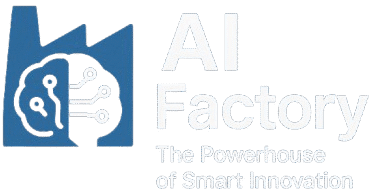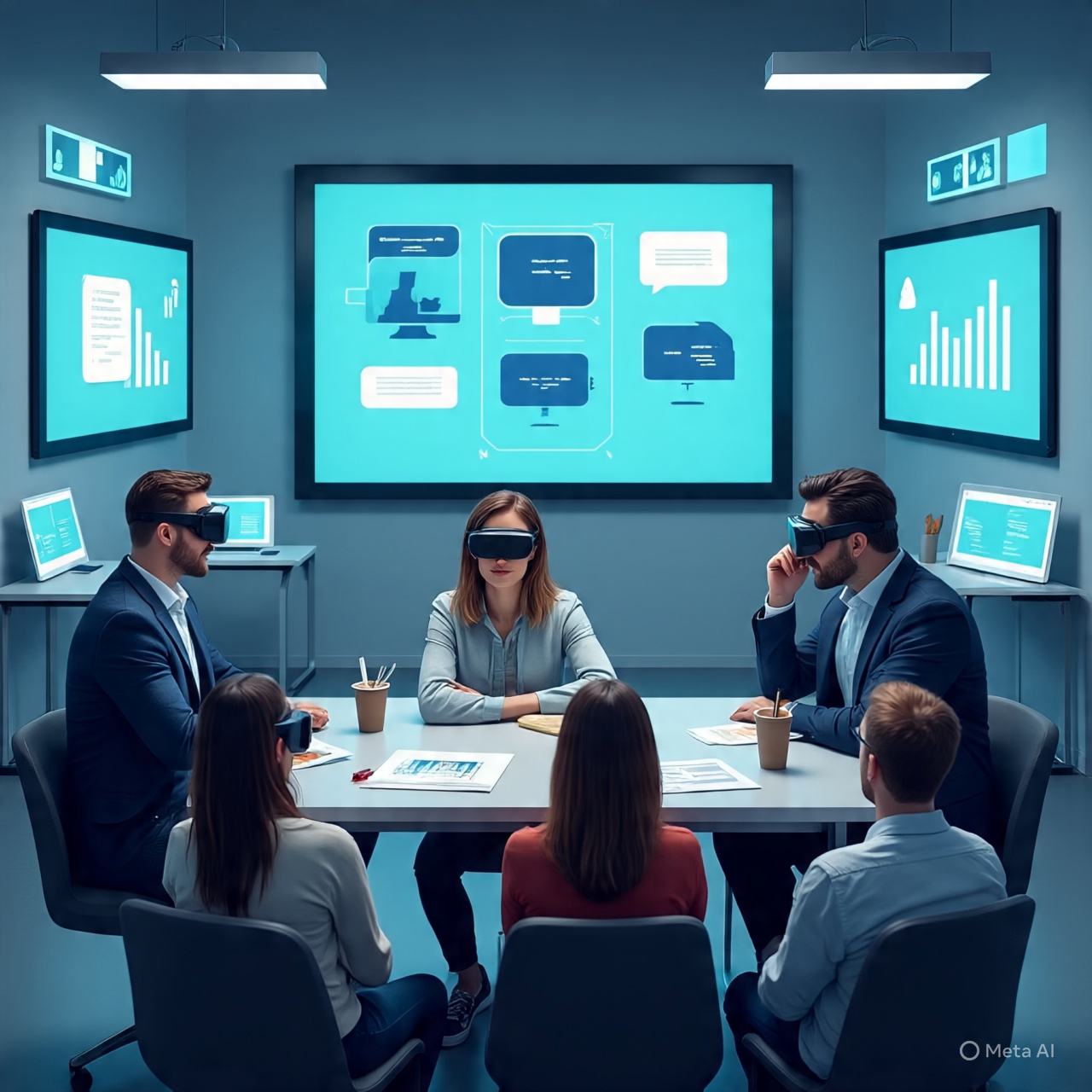AI in Marketing 2025: Strategies That Actually Convert
Introduction: The AI Revolution in Marketing
It’s 2025, and the marketing game has completely changed. Artificial Intelligence (AI) is no longer just a buzzword tossed around in boardrooms—it’s now the beating heart of successful marketing campaigns. If you’re not leveraging AI in marketing, you’re already behind. But the good news? It’s not too late to catch up.
In this article, we’ll explore how businesses are using AI in marketing in 2025 to boost conversions, personalize customer journeys, and streamline strategies. Whether you’re a small business owner, a marketing executive, or a startup founder, you’ll walk away with actionable insights and strategies that actually convert.
Background: How We Got Here
AI in marketing didn’t appear overnight. Back in the early 2020s, marketers began experimenting with tools like chatbots, predictive analytics, and automated email campaigns. Fast-forward to today, and we’re seeing AI do everything from generating content to predicting lifetime customer value with mind-blowing accuracy.
Why the shift? Consumer behavior has evolved. People now expect hyper-personalized experiences, instant answers, and brands that understand them better than they understand themselves. Traditional methods like mass emails or generic ads simply don’t cut it anymore.
Detailed Comparison: Traditional Marketing vs AI-Driven Marketing
| Feature | Traditional Marketing | AI-Driven Marketing |
|---|---|---|
| Targeting | Broad demographics | Hyper-specific user profiles |
| Content Creation | Manual and time-consuming | Automated and optimized using NLP |
| Customer Interaction | Limited to business hours | 24/7 AI chatbots and assistants |
| Data Analysis | Spreadsheet-heavy, slow insights | Real-time predictive analytics |
| Conversion Optimization | Trial-and-error A/B testing | AI-driven multivariate testing |
Key Features & Benefits of AI in Marketing
1. Predictive Analytics
AI tools can analyze thousands of data points to predict which leads are most likely to convert. This helps marketing teams prioritize efforts and reduce wasted spend.
2. Hyper-Personalization
From personalized emails to customized landing pages, AI ensures each user feels like a campaign was built just for them—because it was.
3. Automated Content Creation
Natural Language Processing (NLP) tools like ChatGPT or Jasper.ai help generate ad copy, blogs, and product descriptions that align perfectly with user intent.
4. Smart Chatbots & Customer Support
AI-powered chatbots now mimic human conversation with uncanny precision. They can guide customers, answer FAQs, and even upsell—without human intervention.
5. Real-Time Campaign Optimization
Machine learning algorithms adjust bidding strategies, audience segmentation, and creative delivery on the fly, ensuring your campaigns are always optimized.
Pros and Cons of Using AI in Marketing
| Pros | Cons |
|---|---|
| Improved targeting accuracy | Can be costly to implement initially |
| Higher conversion rates | Requires skilled professionals to manage |
| Scalable personalization | Privacy concerns if not handled ethically |
| Reduces manual workload | Risk of becoming overly reliant on automation |
Use Cases: Who Should Use AI in Marketing?
✔ E-commerce Brands
AI helps suggest products based on past purchases and browsing behavior. Think Amazon-style recommendations tailored to each shopper.
✔ SaaS Companies
From lead scoring to customer churn prediction, AI gives SaaS marketers a powerful advantage in managing the customer lifecycle.
✔ Local Businesses
Even small businesses can use AI tools to run Facebook ads more effectively, answer customer queries, and manage reviews.
✔ B2B Enterprises
AI-powered intent data helps B2B marketers identify ready-to-buy leads, making outreach smarter and more effective.
✔ Content Creators & Agencies
Content marketing agencies now use AI for blog topic generation, SEO optimization, and even social media scheduling.
FAQs About AI in Marketing
1. What is AI in marketing and how does it work?
AI in marketing refers to the use of artificial intelligence technologies—like machine learning, NLP, and computer vision—to analyze data, predict customer behavior, and automate tasks for better performance and efficiency.
2. Is AI in marketing only for big businesses?
Not at all. In 2025, affordable tools like ChatGPT, SurferSEO, Jasper, and ManyChat are widely accessible, making AI marketing strategies available even to solopreneurs and small startups.
3. Can AI help improve email marketing results?
Yes. AI can personalize subject lines, segment audiences, and even schedule emails based on when users are most likely to open them—drastically increasing open and click-through rates.
4. Are there any privacy concerns with using AI in marketing?
Yes, especially around user data and targeting. Marketers must ensure compliance with regulations like GDPR and use AI responsibly to build trust.
5. Which AI tools are best for marketing in 2025?
Top tools include ChatGPT for content, Jasper for copywriting, SurferSEO for optimization, HubSpot AI for CRM and automation, and Salesforce Einstein for analytics.
Conclusion: The Future of AI in Marketing is Now
In 2025, AI in marketing is not optional—it’s essential. The brands that are thriving aren’t necessarily the biggest, but the smartest. They’re using AI not just to work faster, but to work better, with deeper customer insight and precision.
From content creation to real-time analytics and personalized customer journeys, the AI revolution is redefining what’s possible in marketing. And while there are challenges—cost, privacy, and training—the benefits far outweigh the cons.
Final Verdict: Should You Use AI in Your Marketing Strategy?
Absolutely. If you want to stay competitive, boost your ROI, and meet customer expectations in 2025, AI is your best ally. Start small—maybe with AI-powered email campaigns or chatbots—and scale as you learn.
Because one thing’s for sure: AI isn’t coming for marketers—it’s empowering them.

